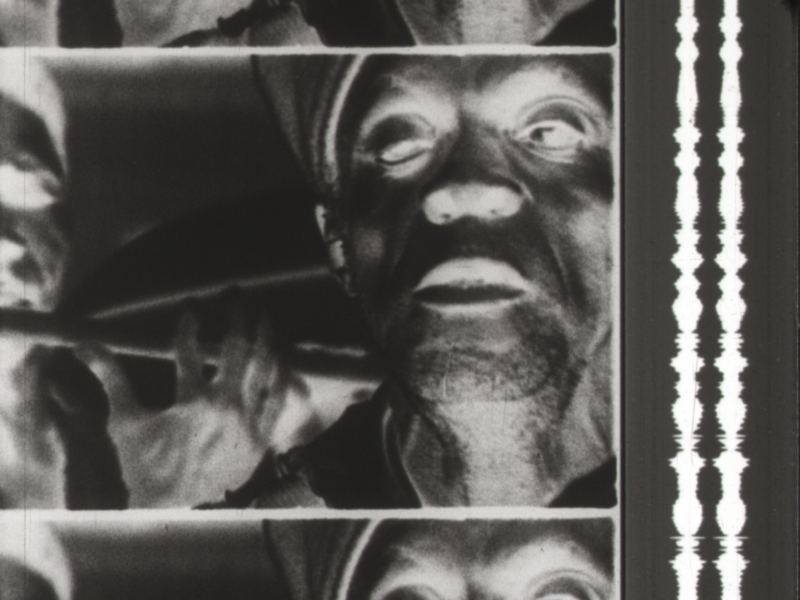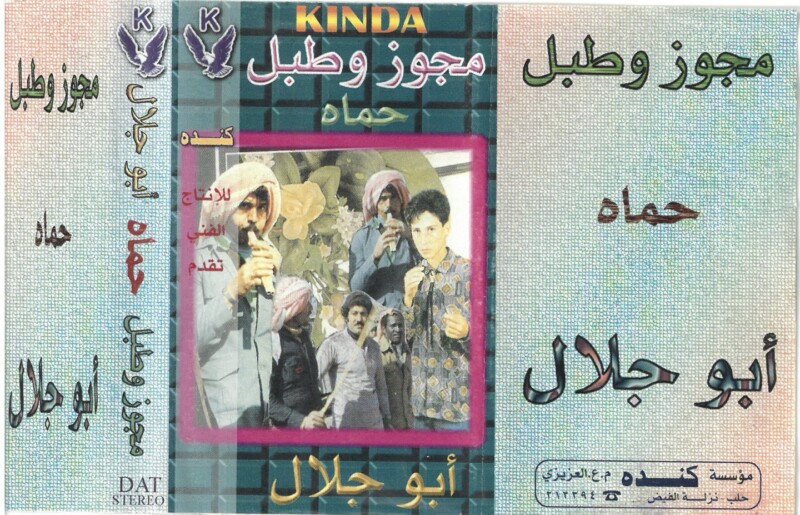
28.03.24, 22:15, The Terror and the Time, Archives in Dialogue: Episode 2
De terreur is het Britse kolonialisme in Guyana; de tijd is 1953, het jaar van de eerste verkiezingen onder een voorlopige democratische grondwet. Stijlvol gekadreerde scènes, opgenomen in heel Georgetown, begeleiden de poëzie van Martin Carter en geven een indruk van grote politieke hervormingen in de strijd tegen armoede, repressie en stilzwijgen. De film speelt tegen de internationale achtergrond van de jaren 1950: de groei van buitenlandse economische en militaire belangen in het Caraïbische gebied, de kroning van koningin Elizabeth, de Mau Mau-opstand in Kenia, de Koude Oorlog en de door de VS heimelijk gevoerde strijd tegen Cuba, Maleisië, Vietnam, Iran en Nigeria.
“In his forward to Poems of Resistance by his comrade and compatriot Martin Carter, the great Guyanese writer Eusi Kwayana, implies that poetry is criticism. This sense of criticism held and released in and before art animates The Terror and the Time. The film offers poetic practice, historical criticism, and critical historiography in a rehearsal of sound, image, ground, and aspiration... Rupert Roopnaraine, a key figure in the Victor Jara Collective, suggested that the product betrays the process so that the film’s unfinishedness is given in accord with anticolonial struggle. As he argues what is important is that the strug gle remains. And what remains is the unstill consistency of the cartman and the dark, glimpsed by and given in criticism, through the absolute dissolution of the poem and the poet, the filmmaker and the film.” (Stefano Harney and Fred Moten)
Paddenhoek 3,
9000 Gent











